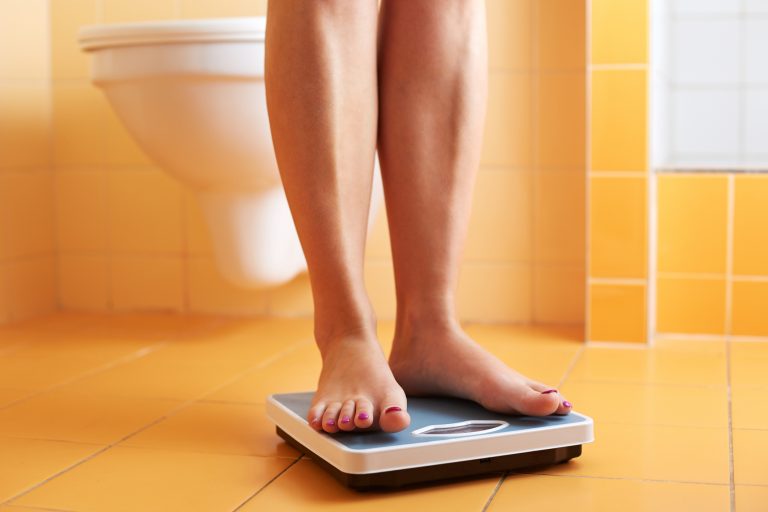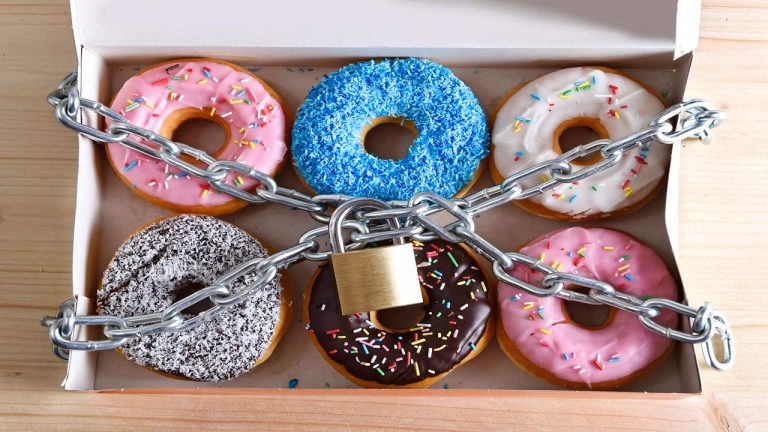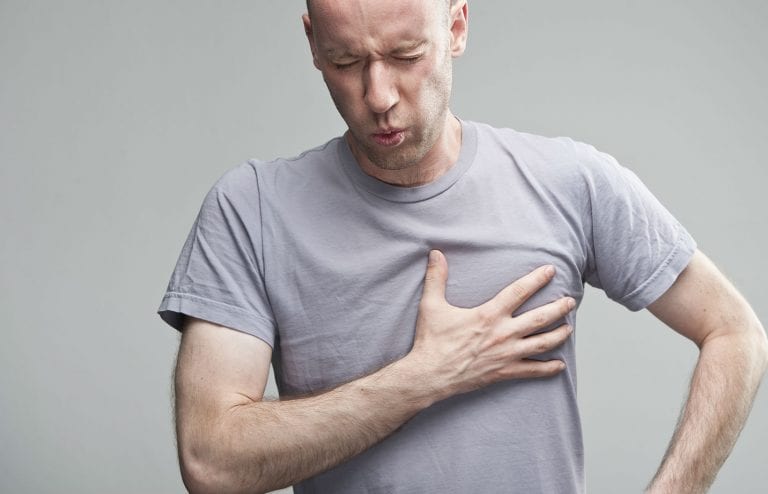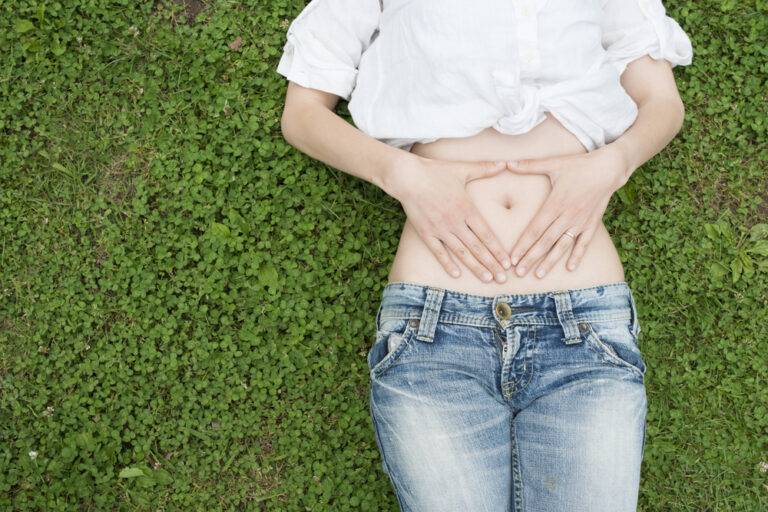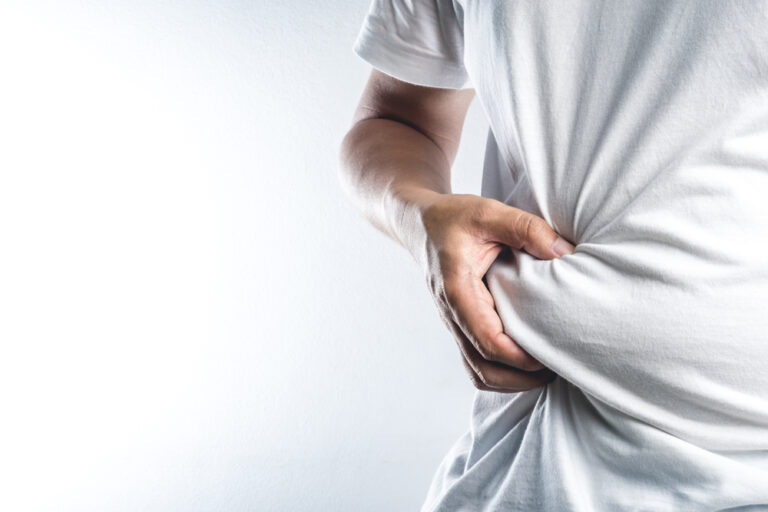
Anxiety disorders are the most common mental illness in the United States, affecting 40 million adults—18 percent of the population—every year, according to the Anxiety and Depression Association of America. We all get anxious over certain circumstances, but if you’re experiencing feelings of nervousness or unease for no apparent reason, one of these subtle, everyday triggers might be to blame.
Here’s what you need to know about managing those triggers and preventing your feelings from escalating.
You drank too much coffee
“We think nothing of that extra cup of coffee, but caffeine makes the body nervous and jittery and triggers the fight or flight response,” explains Nikki Martinez, PsyD. Overdoing it on the lattés and espressos has been shown to produce symptoms that are indistinguishable from an anxiety disorder, according to a study from the British Journal of Psychiatry.
You’re getting breaking news alerts all day long
“Our 24/7 news is terrible for our country’s stress level,” says Dr. Salcedo. Most of the stories are focused on violence, war, and anger, often leaving the audience feeling rattled. But that doesn’t mean you need to tune out entirely to what’s going on in the world. Rather, Dr. Salcedo recommends checking in on the news just once a day.
You’re hungover
A pounding headache and nausea aren’t the only after-effects of drinking too much. Excess alcohol is one of the main triggers of anxiety, according to research from the University of North Carolina School of Medicine, as heavy drinking can rewire the brain and make you more susceptible to anxiety disorders. Alcohol is also known to disrupt your sleep, and sleep deprivation can boost your anxiety levels, according to research from UC Berkeley.
You’ve taken medicine
If you’re sick and wondering to yourself, “Why do I feel anxious?” look no further than that over-the-counter medication on your nightstand. “It’s important to read ingredients,” says neuropsychologist Sanam Hafeez, PsyD. “Things like acetaminophen, doxylamine succinate, which is a sedating antihistamine, and dextromethorphan, a cough suppressant, all can trigger anxiety and a general on-edge feeling.”
You’re thirsty
If you’re not drinking enough water, you’re going to have more than just a parched mouth. Even mild dehydration can trigger disturbances in mood, according to a study in the Journal of Nutrition. It’s important to stay hydrated by drinking water at meals and throughout the day to prevent feeling off-balanced. Dehydration can also worsen depression and other mental health issues.
Your blood sugar is low
We’ve all heard that you can get “hangry” from not eating (that’s an unfortunate blend of hungry and angry), but you can also feel anxious as well. “People who are under stress and have anxiety often feel that their appetite shuts down,” says Dr. Hafeez. “However, skipping meals leads to a drop in blood sugar, which only keeps the anxious feelings going. It creates a vicious cycle.”
Your diet is unbalanced
Falling down on the job of getting all your nutrients, especially B vitamins, can wreak havoc on your mood and make you feel anxiety for seemingly no reason. “Studies have shown that diets lacking in beef, pork, chicken, leafy greens, fruits, nuts, and eggs can lead to depression,” says Hafeez. “People who suddenly drop these foods out of their diets can feel anxious and irritable.”








